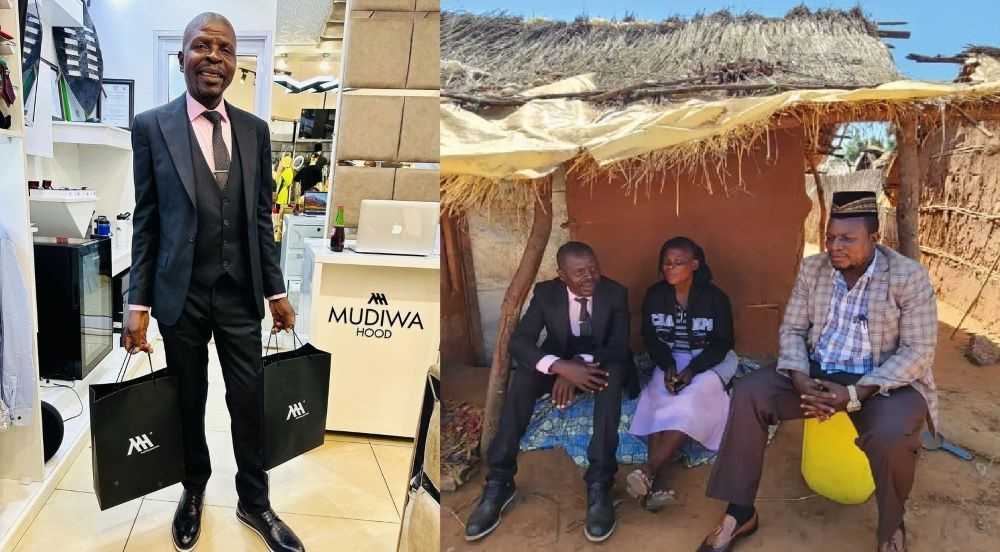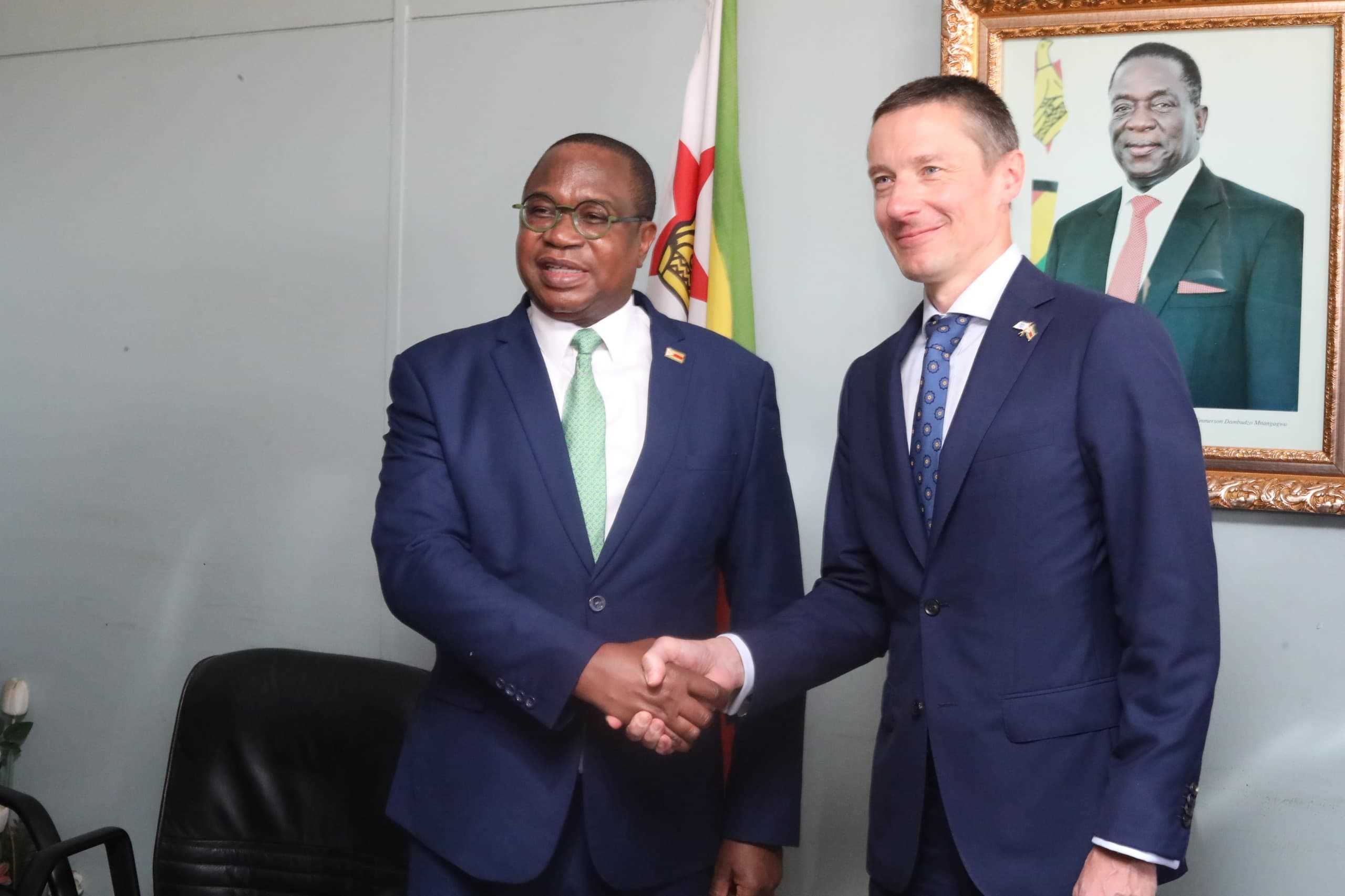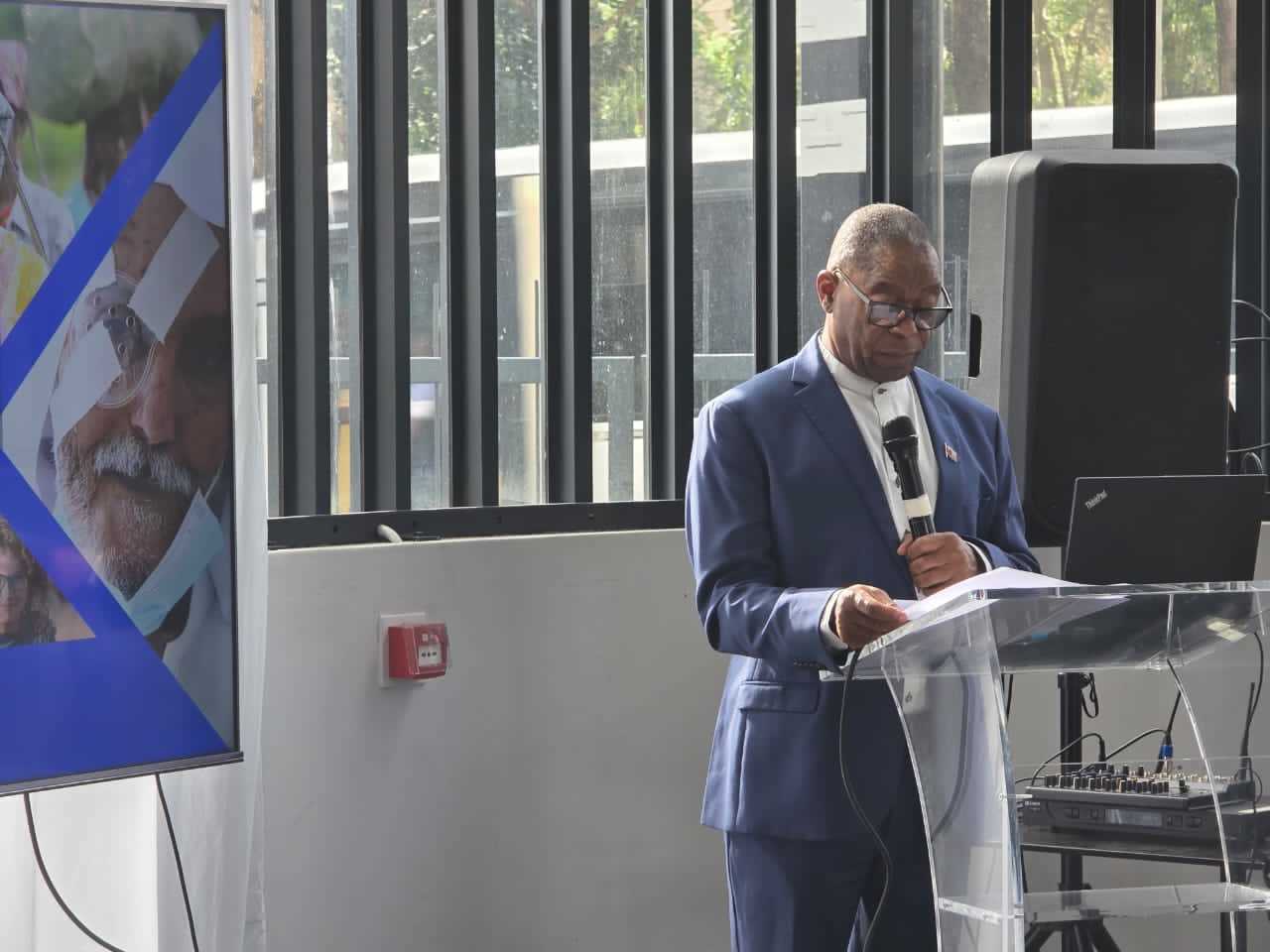
Garikai Mazara
There was a lot of debate in the preceding week on whether Mudiwa, in helping Paradzai Mesi, did the right or wrong thing by donating a $1 000 suit, plus some groceries.
Just like everything that is Zimbabwean, opinion has been divided with some arguing that it is Mudiwa's prerogative to do what he wants with his money. In a democratic nation like ours, you can't tell someone what to do with his finances.
But picture this: Tinashe Mutarisi, through his Nash Paints brand, has been very active and supportive of our entertainment landscape. Would we, as society, keep quiet if he were to donate 100 or even 200 litres of paint to Paradzai Mesi in the current set-up that Mesi finds himself in?
In critiquing such public gestures, it is important to look at need/want versus what help is being offered. It is simplistic, as well, to ask, "ko iwe waitei".
Well, the nexus is poverty, simple poverty.
What we may seem to differ is whether the poverty is acquired, derived or simply thrust upon our artistes. Artistes in the wider sense, from our sculptors, musicians, radio and television personalities (make that the whole media landscape) to comedians and thespians.
Zimbabwe has never loved our artistes. Case in point being the current Paradzai Mesi debacle. Some might want to argue, from a seemingly position of authority or out of sheer malice, that Mesi might have invited his present state upon himself.
But if you look at the Mesi situation in isolation, chances are high that you might miss the whole picture, the whole scenario. The Mesi mess has to be looked at from a holistic point of view.
Related Stories
If you look at Paradzai Mesi, he might be a fraction of the colossus that Leonard Dembo was. But if you put into context that Dembo's mother, at one point, needed a GoFundMe to buy day-to-day groceries, then you get a clearer picture of how twisted our arts landscape is. Dembo, the first musician to sell more than 100 000 album copies. Or so we are told.
Some might put the dilemma of Dembo's mother into another perspective, that her suffering might have more to do with family politics. That could be a discussion for another day.
Some time last year, Hazvinei Sakarombe, a celebrated radio and television personality, was in the news for failing to pay her rentals. To an extent that she sought a peace order against her landlords, the very people who were supposed to look after her.
Fortune Mparutsa, considered by many to be the pioneer of the urban grooves movement, died in the Diaspora and took what seemed an eternity to be interred in Zimbabwe. The coffers simply did not add up.
The examples are too numerous, where artistes in general, and musicians in particular (because music is the most popular form of entertainment) die, are dying or are dead as paupers.
I am not sure who is exactly to blame, our Government, our consuming public, or the lifestyles chosen by our artistes, but we need to find common ground and common solutions to what is happening to our artistes.
We seem to have overly borrowed from the notion that prophets should not be respected within their time and lands. Reason why we are prepared to pay more for Zahara performing in Harare than we are prepared to pay Jah Prayzah.
Reason why, as consumers, we are prepared to buy an original production by AKA but go to the pirated Oliver Mtukudzi CD, sold by the street vendor. Reason why we always look for free tickets to a show, be it musical, theatrical or a movie.
Not sure as well what kind of pressures our artistes face, for them to resort to drugs, like the urban grooves lady, like the dendera musician recently, like the myriad of Zimdancehall singers. Leading us to conclude that some of the problems they face are self-inflicted.
But we should not be lost on that our artistes are poorly paid.




















Leave Comments